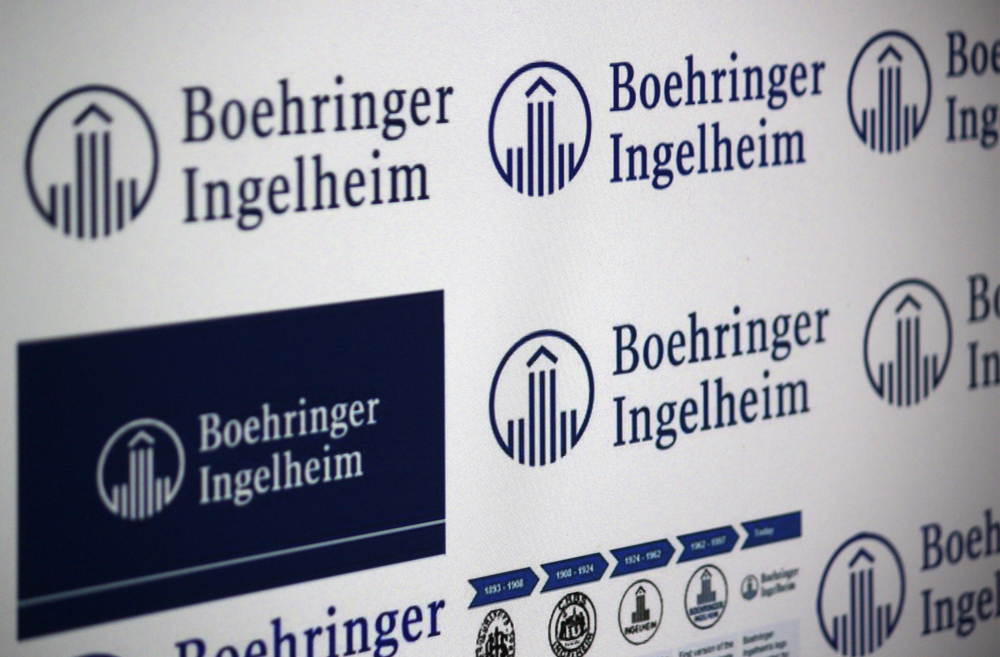
360b / Shutterstock.com
Boehringer Ingelheim announced that the European Commission (EC) and U.S. Food and Drug Administration (FDA) have granted Orphan Drug Designation to nintedanib for the treatment of systemic sclerosis (SSc, also known as scleroderma), including the associated interstitial lung disease (SSc-ILD).
SENSCIS, the largest trial to date in this disease area, is evaluating nintedanib to understand the disease process and potential benefit of the compound to treat SSc-ILD.
Systemic sclerosis, commonly referred to as “scleroderma,” is a disfiguring, disabling and potentially fatal rare disease that can cause scarring of the skin, lungs (SSc-ILD) and other organs. Worldwide, an estimated two million people have systemic sclerosis (also known as scleroderma) and up to 90% may develop some degree of lung scarring. In the U.S., it is estimated that SSc-ILD affects up to 86,000 people. SSc-ILD indicates a poor prognosis and accounts for 35 percent of all disease-related deaths.
“To have nintedanib receive Orphan Drug Designation is an exciting step forward for people living with scleroderma and associated interstitial lung disease, as well as their families,” said Robert Riggs, CEO, Scleroderma Foundation.
“This designation represents important progress towards addressing an unmet need and bringing a potential new treatment to those with this rare and devastating disease,” said Luke Evnin, Ph.D., chairman, Scleroderma Research Foundation.
Orphan Drug Designation is generally granted by the EC for a therapeutic agent intended to treat a life-threatening or chronically debilitating disease that affects no more than five people in 10,000, and for which there is no or only unsatisfactory treatment options or the medicine will be of significant benefit to those affected by that condition. In the U.S., the FDA grants the status to investigational compounds intended for the safe and effective treatment, diagnosis or prevention of rare diseases or disorders that affect fewer than 200,000 people.
“The FDA’s and European Commission’s Orphan Drug Designations for nintedanib are encouraging milestones in our SSc-ILD development program — and underscore our commitment to patients living with rare fibrotic lung diseases,” said Martina Flammer, M.D., vice president, Clinical Development & Medical Affairs Specialty Care, Boehringer Ingelheim Pharmaceuticals, Inc. “Building on our positive real-world clinical experience in idiopathic pulmonary fibrosis (IPF), exploring nintedanib’s potential as part of the SENSCIS™ study may revolutionize the way we approach this debilitating disease with unsatisfactory treatment options.”
Filed Under: Drug Discovery




